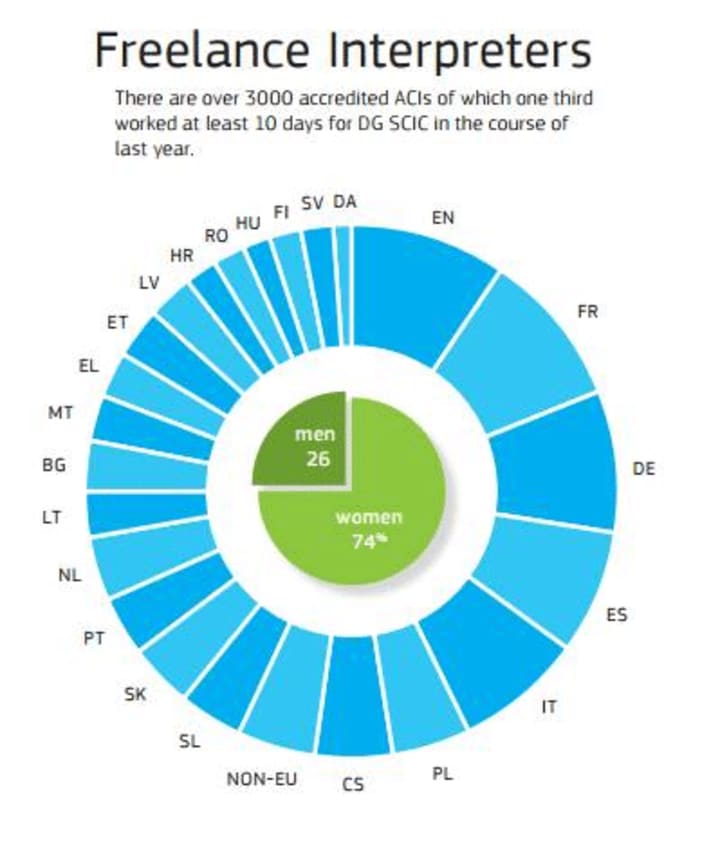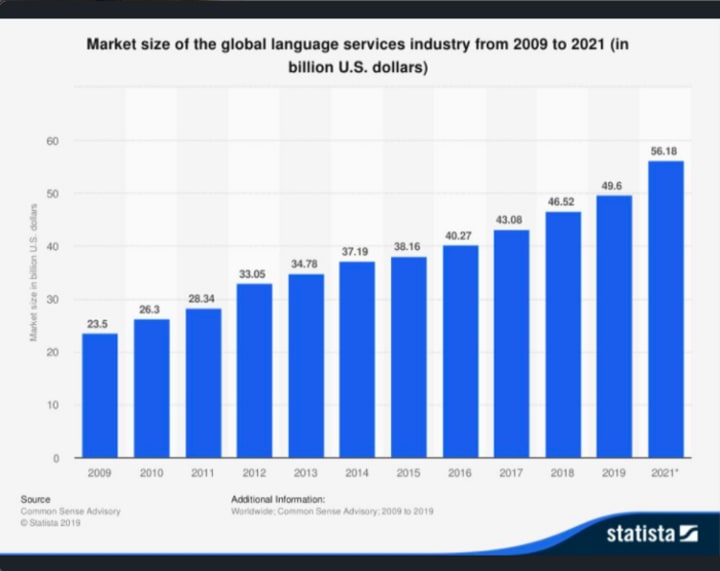
Translation is the name given to the work that preserves the meaning of the text in a language and carries it to the text in the target language. The translator must know the terminology of both languages, all the meanings of words and phrases, and have a good command of the grammar rules of the target language.
The first appearance of translation in history
The translation profession dates back to ancient times. In 2000 B.C., expert clerks from Assyrians, Babylonians, and Hittites from Anatolian civilizations were conducting correspondences with foreign countries.
Bilingual word lists and tablets in the form of dictionaries prepared in bilingual or multiple languages in Anatolia show that translation was an important activity. The first systematic studies on translation were found in Rome. The Romans translated a large part of Greek literature into their own language.
The translation sector from the Ottoman Empire to Turkey
The Ottoman Empire had a difficult time due to its transition to decline following the First World War. Although efforts were made to westernize since the 1700s, the Ottoman Empire was a closed society.
Ottoman Turkish and Arabic were the languages of the Ottoman Empire. Since the Latin alphabet had not been used yet, the literacy rate was quite low. They needed to take great steps in institutionalization for cultural progress in the country. For this reason, activities on institutionalization gained momentum after the proclamation of the republic. First, the works of foreign authors had to be translated into Turkish. Despite this, the idea of opening a Translation Office came to the fore for the first time at the First Turkish Publications Congress in 1939.
The Translation Office was established on 19 May 1940 under the Ministry of National Education and carried out the most intensive work. Many famous writers such as Nurullah Atac and Sabahattin Eyuboglu worked in this office. Thanks to this office, important world works in Latin, Greek, and different languages have been brought into Turkish. The foundation of this office was of great importance in the cultural reforms experienced in the country institutionally.
The institutionalization of translation, the beginning and development of which dates back to the 1940s, continued progressively in the 2000s. One of the main reasons for this was the US economic crisis in 2006–2007, which was globalized in late 2008. This financial distress inevitably affected Turkey, as well. Therefore, business owners decided to open up to different markets to invest in foreign countries to keep the economy afloat and to prevent bankruptcy.
These developments in foreign trade brought with it the need for translation. Especially, small-scale companies contacted professional translation companies to work when they needed instead of hiring a translator that would create an additional expense. This has led to the development of the industry.
Although translations were made in basic languages such as English, German, and French at the beginning, there is now a demand for translation in many world languages such as Russian, Arabic, Chinese, and Slavic languages because people prefer to read the contents in their own language.
With the rapid pace of technology in recent years, countries have come closer. The translation need has increased for companies employing in different countries to carry out quality and reliable projects with each other and to promote their products.
Are translation companies in jeopardy?
Translation offices should always put customer satisfaction first and deliver the project completely at the agreed time. This is extremely important to increase trust in offices.
Some people in this industry think that the rapid development of technology today can jeopardize the industry. However, the increase in the number of translation companies worldwide and the growing momentum of this sector according to global statistics show that this argument is not quite true.
The fact that the need for communication is constant and increasing day by day is proof that translation will always be a part of our lives.
In addition to sectorial translation, economic, legal, medical, diploma, visa, contract, contracts, thesis, presentation, websites, games, movie subtitles, dubbing, mobile applications, e-learning courses are also fields that require translation. It is not possible to fully meet these needs with a dictionary or automatic translation programs developed only by technology.
The position of the translation sector in Turkey and in the World
The data of the Turkish Statistical Institute (TUIK) in 2018 revealed Turkey’s position in the cultural field. The importance of the translation industry has emerged here. While the number of works published in a foreign language was 7,1% with 3,874 in 2016, the number of works published in a foreign language increased to 8,6% with 5,192 in 2017.
While the translated works were 16.4% with 8,982, they reached 15.8% with 9,550 in 2017. English with a rate of 60.8% in 2016 reaches the top with a rate of 61.7% in 2017. French, on the other hand, decreased from 6.8% in 2016 to 6.7% in 2017.
German was the language that experienced the most decline in this list, with a rate of 6.6% in 2016, with a rate of 5.5% in 2017. Arabic, on the other hand, remained stable, at 5.2% in 2017, as it was in 2016. Italian, which was 2.1% in 2016, reaches 2.2% in 2017.
Language services show a great increase in many countries including Turkey. Especially in the last 10 years, the translation market has doubled and reached 49.6 million dollars in 2019. Expectations for 2021 reach 56.18 million dollars.
When we look at the market distribution of the translation industry by region, Europe is at the top with 49.33%, followed by North America with 39.41%. The lowest is the Asia Pacific region with 11.01%.
As a result of Europe being at the top, the Directorate General for Interpretation (DG), also known as SCIC, affiliated to the European Commission, organizes 11,000 meetings every year and offers the world’s largest interpretation service.

When the translation industry is analyzed in terms of revenue in 2018, the US-based company Transperfect takes the lead with 705 million dollars in revenue.

Disclaimer
This story was originally published on another writing platform.
About the Creator
Ece Uyguc
Economist, certified English<>Turkish translator, writer, NFT collector
https://gulsenuyguc.medium.com/
https://www.linkedin.com/in/ece-uguc/
https://www.quora.com/profile/Ece-Uyguc
https://www.reddit.com/user/Uyguc2021






Comments
There are no comments for this story
Be the first to respond and start the conversation.